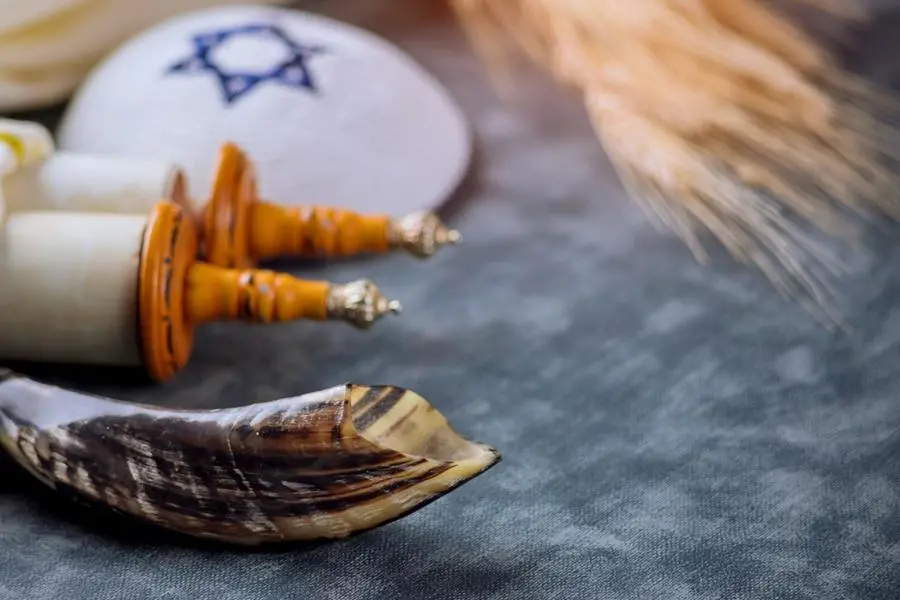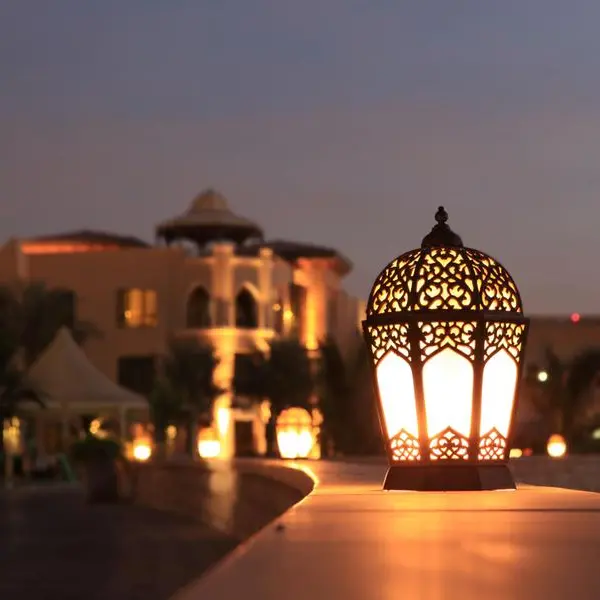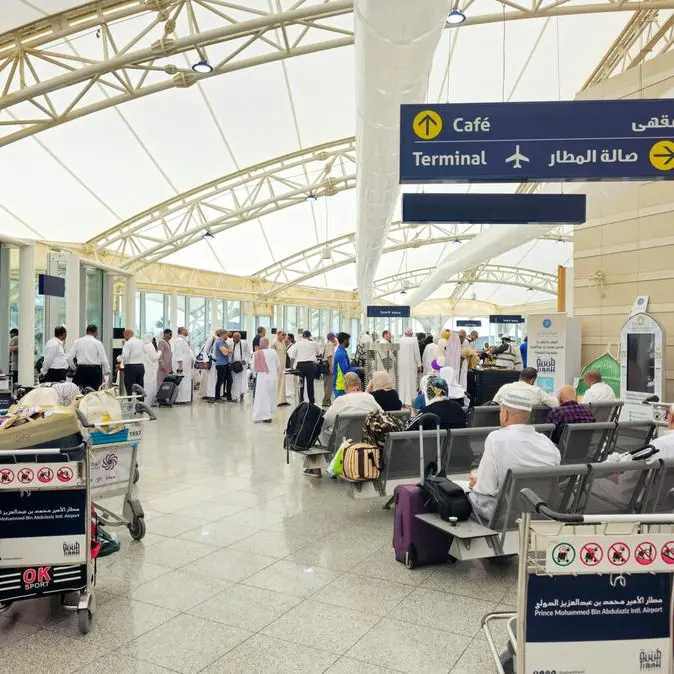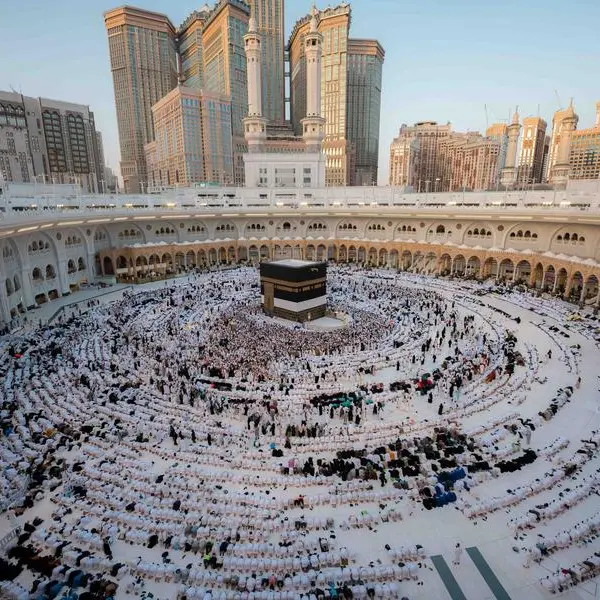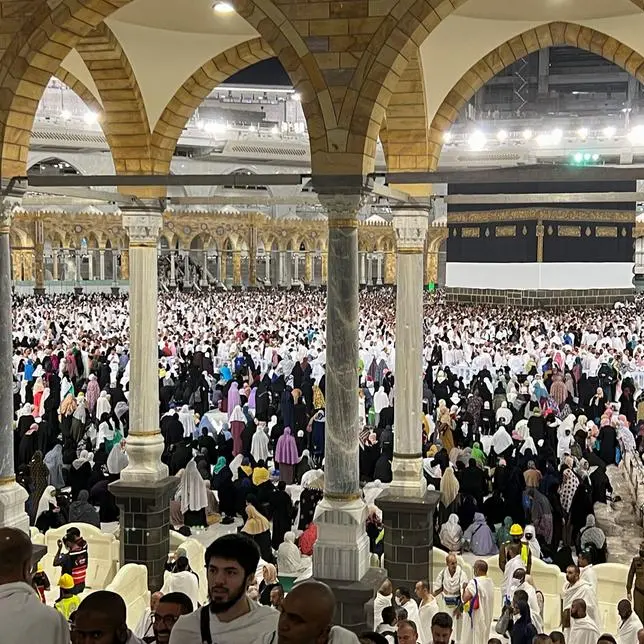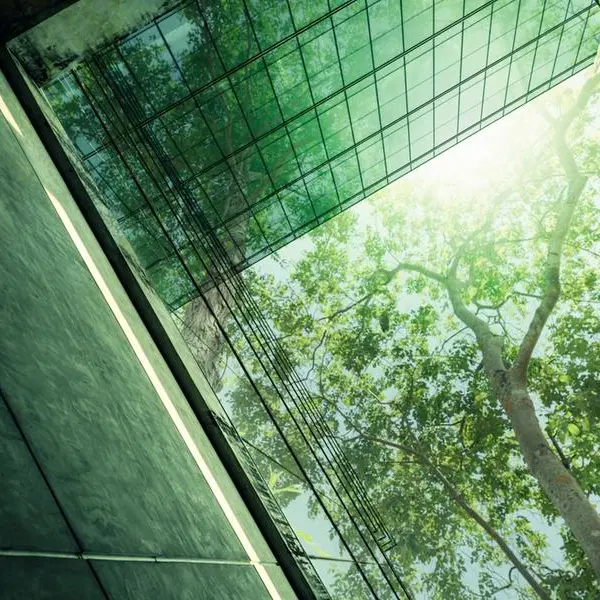PHOTO
Dubai - The Jewish community in the UAE is coming together to celebrate Yom Kippur (Hebrew Yom Ha-Kippurim), which they consider as the most solemn religious holiday.
Falling in the month of Tishrei (September or October in the Gregorian calendar), it marks the culmination of the 10 Days of Awe, a period of introspection and repentance that follows Rosh Hashanah, the Jewish New Year.
Speaking to Khaleej Times, Rabbi to the UAE, Rabbi Levi Duchman explains how the Jewish community will gather to celebrate this special day in the UAE. “It’s beautiful that we are celebrating this Holy Festival in a country where there is tolerance and coexistence, where the government promotes social cohesion and community building. It’s so beautiful that this year as our community is growing and we are attracting Jewish community members from all around the world, they all find their place to pray in a safe, comfortable manner here in the UAE and our community is very thankful,” he says.
Explaining the significance of this festival, the Rabbi elucidates that it is on Yom Kippur that Jews are encouraged to make amends and ask forgiveness for sins committed during the past year.
He underlines, “It’s the most special day of the year. It’s a day when we fast for 25 hours and gather the community and pray the whole-time asking God for atonement and for granting a special year ahead. We are thankful to the UAE government, and to the local authorities both to the Department of Community Development Authorities in Abu Dhabi and Dubai for enabling hundreds of Jewish worshippers to be able to pray throughout the country. Many of the Jewish people here, in the past, would travel for Yom Kippur. This year they will be here for the celebrations.”
Significance of Yom Kippur
It is customary for religious Jews, and for men, to dress in white — a symbol of purity — on Yom Kippur while women light candles the evening before, ahead of sunset.
Rabbi Duchman adds, “This year we are hosting all kinds of services… Ashkenazi who are Jews from Eastern Europe and Sephardi Jews who are from the Middle East and North Africa. There will be big celebrations throughout the country and big prayers. We finish this 25-hours of fasting with the sound of the Shofar which is the ramp horn and then everyone would end the fast together…in the synagogue they will hold big Iftars.”
Another significant member of the Jewish community in the UAE Bruce Gurfein who has been in the country off and on since 1997 avers, “It’s a day when people atone for their sins. There are two parts to it…person to person and then person to God. On this day, there are five restrictions on things that you cannot do. No drinking, no wearing leather-based shoes or things, no shower and no sexual relations. These are the five things that you have to refrain from during this period. You follow this for about 25 or 26 hour-period.”
He explains the Jewish calendar unlike any other calendar starts at sundown and ends at sundown. “The first part entails asking for forgiveness from your friends whom you may have offended. The second part is asking for forgiveness from God.”
Gurfein adds, “We’ve been doing this for several years now and we do this by gathering tonight and tomorrow throughout the day in prayers. Once the day is over people end the fast…somewhat like iftar. This will happen tomorrow night after sunset. In Jewish tradition people normally pray three times a day. This is one day in the calendar when Jews pray five times a day. This is the holiest day of the year… and prayers go on throughout the day along with singing that goes on along with the prayers.”
Commenting on the expansion of the Jewish community especially after the historic Abraham Accord that have led to fruitful diplomatic relations between the UAE and Israel, Gurfein highlights,
“Last year, by the end of the day, we had 900 people at the event. This year since the Jewish community in the UAE has grown much bigger, we will probably have more than that. There will be another centre at Abu Dhabi as well at St Regis and a few other smaller venues in Dubai. The main event in Dubai will be at the Sheraton. After the Abraham Accords not only is it easy to appear as a Jew in public, but it’s actually been encouraged by the government that anyone can be safe here. Also, the size of the Jewish community has grown by a 100 to 150 per cent. If three years ago we had 100 people at the Yom Kippur gathering in the UAE and this year considering all the gatherings across the UAE, it’ll be around 2,000- 2,500 people. That’s an amazing change.”
Shining a spotlight on the Pre-Yom Kippur feast and breaking the fast Elli Kriel who has been in Dubai for the past 10 years and is the founder of Elli’s Café opines how families and friends gather for a bountiful feast that must be finished before sunset.
The UAE’s original kosher caterer says the idea is to gather strength for 25 hours of fasting.
She says, “It’s a day of fast – with no food and water. We always eat a special meal beforehand, where families get together. In the meal before the fast, we typically do eat bread, which we make a special prayer called ‘hamotzi’ to give the day importance. We always do hamotzi for meals on Shabbat and festivals but because this is a fast day, we do it before. The bread we make hamotzi on is called challah bread. We use this bread for all festivals. Usually, it’s braided long but in these days of Rosh Hashana, Yom Kippur and Sukkot, we make it round to symbolise the crown of the king (God). Even if we are fasting and it’s a day of introspection and repentance, it is considered a ‘festival’. Then we switch off everything and the prayers start. The following day is a big day of prayer.”
She adds, “G'mar chatima tova is the greeting. It means ‘a good final sealing’. You also wish people ‘May you be inscribed in the book of life’ and wish them a good fast.”
Copyright © 2022 Khaleej Times. All Rights Reserved. Provided by SyndiGate Media Inc. (Syndigate.info).
